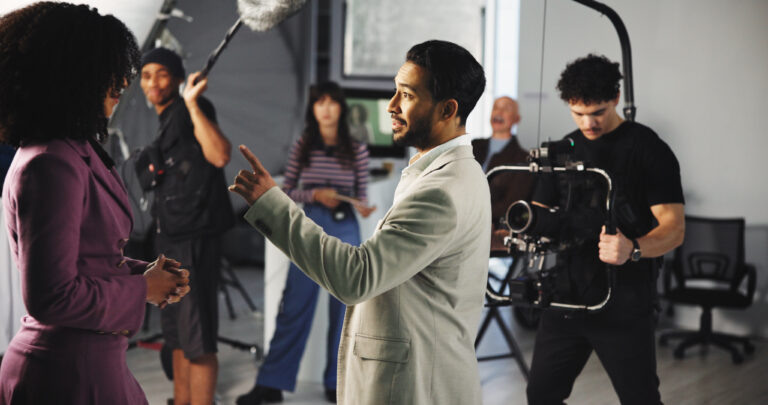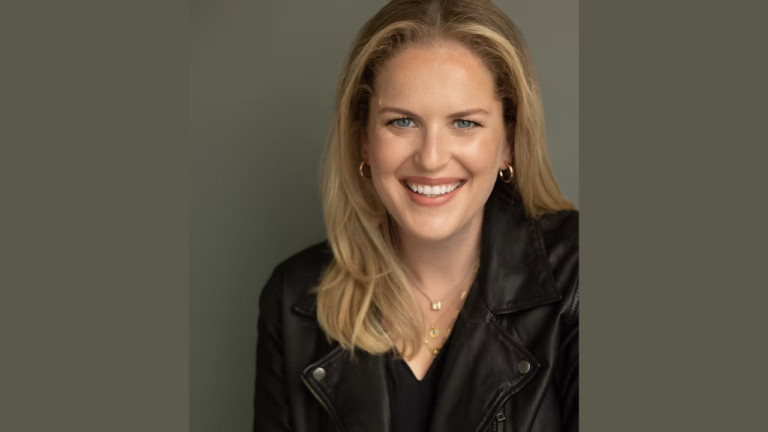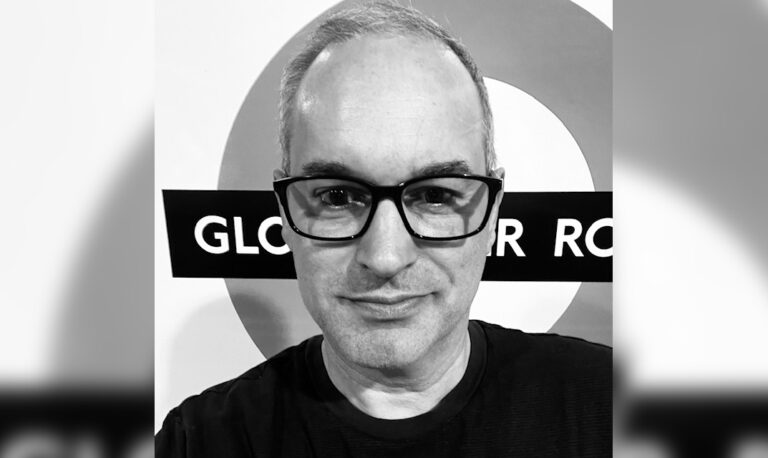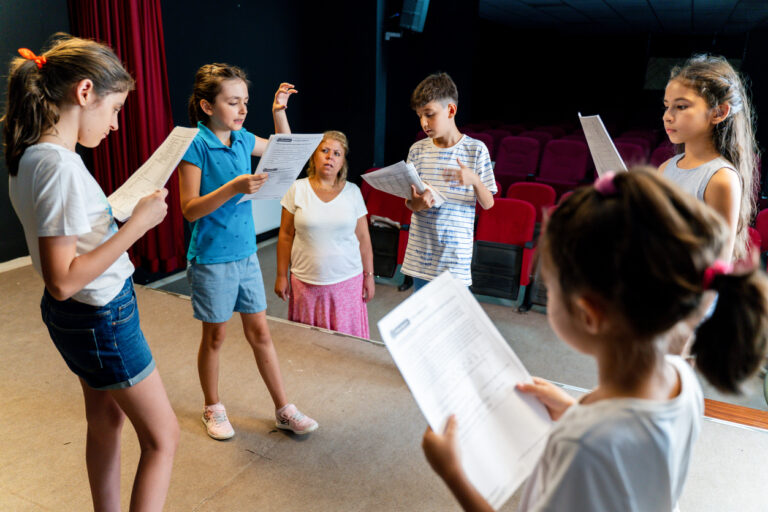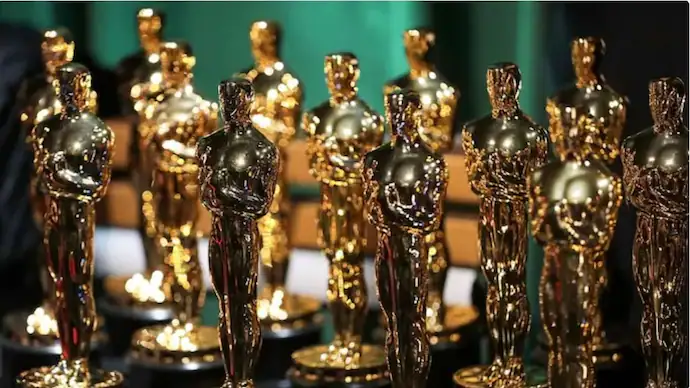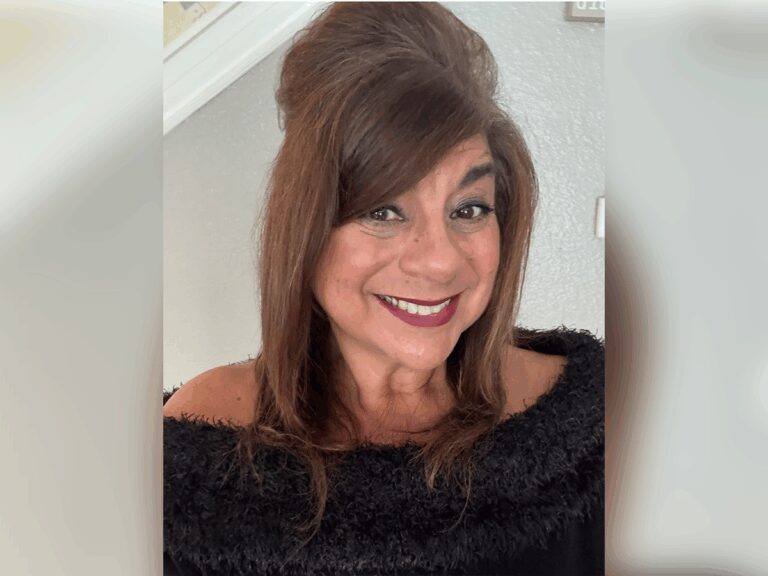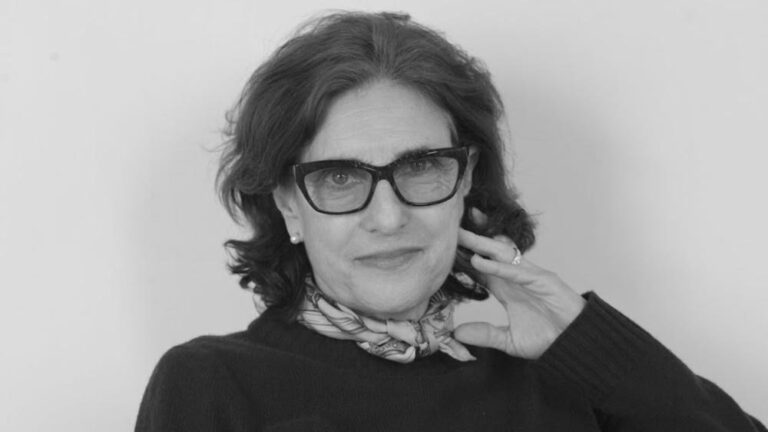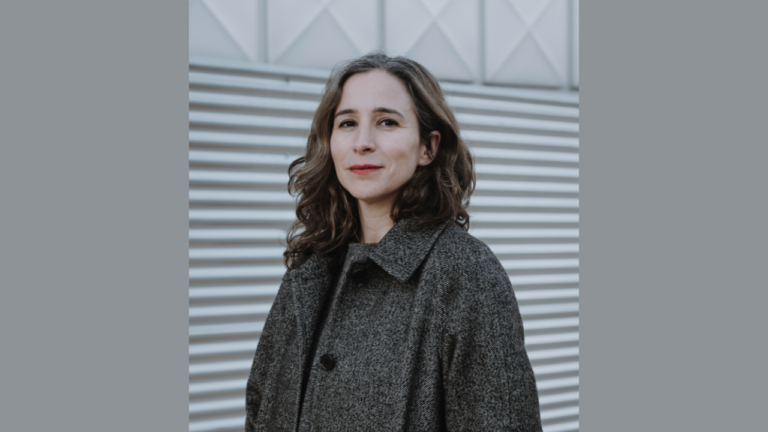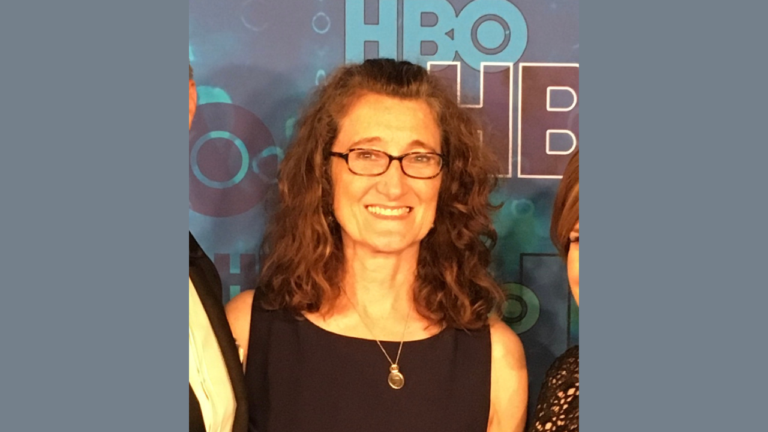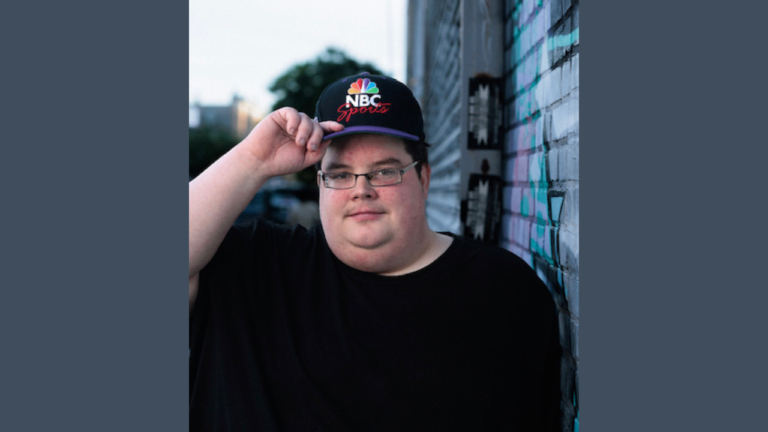Sarah Cayce is funky and cool and exactly the kind of casting director you want, especially if you’re casting an indie.
One of Chicago’s finest, she has built a career not just working in independent film, but also as local casting for studio fare, as well as working in television and commercials. Just this year she earned her first Artios nomination for a Chevrolet spot she helped put together.
If casting was all Cayce did, that would be impressive enough. She’s an impressive polymath, working as a director, a producer, a writer and sometimes even as a member of the crew. Whatever the job needs, she’s an essential part of the team. It’s part of who she is, which comes out in conversation with her.
Alongside casting associate Lauren Abbott, her next film as a casting director is the indie dramedy Pools, starring Odessa A’zion, Ariel Winter and Mason Gooding. It hits theaters September 5. She spoke to us from her home office in the Windy City.
Insights From Sarah Cayce:
- Come to auditions ready to collaborate and share your insights, understanding that you are the expert on your characters and valuable to the casting process.
- Be adaptable and “multilingual,” meaning that you should learn to switch between different styles like theater, improv and on-camera work depending on the project’s needs.
- View casting as a team effort and feel empowered to ask questions and engage with casting directors to better understand what the project requires.
How did you get into casting in the first place?
The cheeky fun version is scrubbing toilets.
That’s a new one.
I got all of these scholarships my junior year to go out to the coast to any of the schools I wanted, which was lovely, and I was excited about that. My theater teacher at the time was like, “Hey, you should take some on-camera classes before you do this.”
The only on-camera teacher in the state of Oklahoma, where I’m from, was Chris Freihofer, who was the only CSA casting director in the state, too. Everything was so different from anything that I’d learned because I’d been in theaters since I was four. Everything that I knew was shifted on its head, and I came from pretty humble beginnings, so I said, “Can I scrub the toilet? Can I take out the trash? I will do anything to take more classes.”
About six months into toilet scrubbing, he said, “Hey, do you want to sit in on a casting? I would love some help, and you’ve done well in class.”
That must’ve been eye-opening.
I got to watch the directors and the producers work, and watch the very expensive, flaming, constantly moving puzzle that was this movie, which was just so cool.
To see them juggle every location that wasn’t working, and this star needed something different, and it was logistics, creativity, and teamwork and it blew me sideways. I said, “Hey, I will do anything that you need, whatever that is.”
I was 16, had my first paid gig, was on a teeny little movie called Heaven’s Rain, and it blew me away sitting at a production meeting where everybody got around the table and we went through the script page by page, scene by scene.
All of the department heads talked about their weird, cool, specific thing that they were just the biggest dweebs about. [They were] just a pirate ship of dorks who were so passionate and good at everything they did, and so watching these men and women get so excited about fabrics and color temperature and how the day was gonna move. I was like, “I am done with acting.”
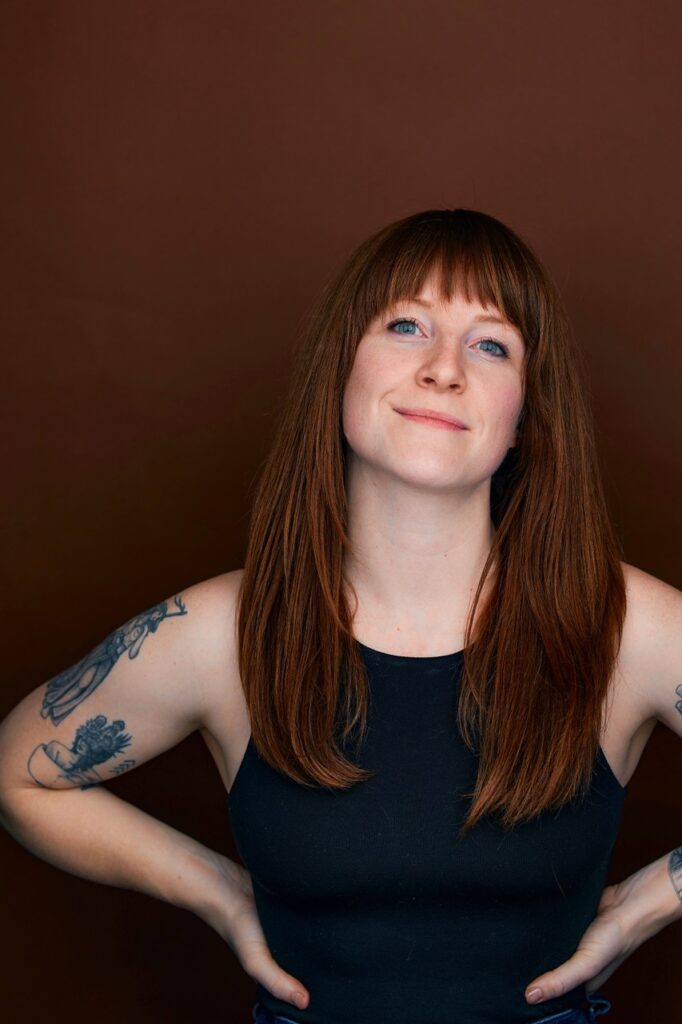
What was it about casting that specifically spoke to you?
I hate to break your heart. It wasn’t about casting. It was about the teamwork, and that we were going to get together and solve it together. We are going to make something out of nothing because we’re smart enough to do it. For me, that was it. That was the hook.
Casting was just how I got into the filmmaking world. Where else can I help so that this translates and it makes sense that actors can have a better experience, and how can I advocate for production so that agents go a little easier on this teeny little movie?
I had my foot in the door with casting because of Freihofer. He says that it wasn’t that he was crazy enough to trust me, but that he saw a lot of potential. I think he was just sick of me begging him to work for him. (Laughs)
I’m sensing a pattern. You love the work.
I just love the work! Have you heard the term “autotelic”?
I have not.
It’s about doing the work for the love of it. Van Gogh had this very autotelic need to create the work. He was broke as hell, but he just loved making it.
That’s why it was casting, because I was already in the door and it’s just translated to so many other things for me. You become almost unstoppable with how much you can see from a hundred-yard stare as a casting director.
I love making stuff. I have such an autotelic want and hunger to make movies. I wish it would stop. It would be so much healthier if it were a little cooler. (Laughs)
This person needs to learn and work with a team. How does that manifest itself in the way you work?
I think a lot of casting offices spend time and effort keeping their mouths shut and making sure they’re the ones who knew and understood what was going on, so that they were necessary. I don’t subscribe to that. I feel like if we have a better education, we’ll have a better industry.
For me, my team is anybody who calls me looking for help. Sometimes they pay me for it. It’s awesome when they pay me for it. Because I’m in casting, I can be a part of helping actors feel like they’re part of solving the problem. I constantly teach you how to think about the camera, so that you can push the story, helping the camera tell the story.
That said, casting feels kind of isolated sometimes, where it’s you alone, talking. I’ve noticed that a lot of films and commercials love it because I’ll stop them and say, “Hey, you can save so much money if you just do this more correctly, and agents will take you more seriously.”
But films, when they’ve got SAG on board, they’re not as used to casting directors being like, “Hey, I’m here to help.” It’s been a really lovely, fun experience for me having this filmmaking expertise, saying, “What do we need as a team?” And it changes every single time.
What about the challenges of working in a theater town like Chicago, especially since you cast everything but theater?
What’s nice is that you have actors who are kind of multilingual effectively. I tell my students that I’m like, “Look, you know Portuguese, and I love that, but leave that in Portugal. You are great on stage. Baby, you are in Italy. I love that you have a foundation of the language. You have to translate. Otherwise, people are going to look at you and, in perfect Portuguese, go, ‘I don’t speak Portuguese.’”
You do have to translate to whichever country you’re in. It’s your responsibility if you’re going to be there to know what you’re doing. I tell my students, “I don’t want you to abandon theater. I don’t want you to abandon stand-up and all of the sketch and the improv that’s in the city, because it’s really important.”
I think Chicago is a fabulous place for folks who really want to commit to theater, and that’s awesome. What’s nice about it is that there’s so much TV that shoots here now. Our film incentive is getting stronger; there’s so much commercial work here, and so often they’re asking for improvisers and stand-up comics. I think if you can be multilingual and just figure out when to switch gears, it’s wicked helpful.
Truly the challenge is that a lot of Los Angeles folks come in with the expectation that our union pool, union specific to film and television for SAG-AFTRA, is going to be a lot larger than it is and that the the non-union pool is going to be teeny-tiny.
I think there are 18,000 folks registered with Casting Networks, according to what they said in Chicago last fall. Knowing that we’ve got a pretty solid pool in a really big melting pot of a city with a lot of different types of things, I love what Chicago brings. Chicago’s different.
If you can manage your expectations and figure out the field that you’re playing on, that’s the only thing that I find challenging, which is making sure that folks understand what it is they’re about to get.
Tell me about Pools.
Pools, oh my gosh. These guys got in touch, and they all felt young, but the script is good and it’s fun. I love a coming-of-age summer movie. It’s really funny.
They very smartly attached all their name talent, so I got excited about digging into supporting them with local casting, which is my personal favorite space to be, because I am an expert at Chicago talent and now all of Illinois.
Knowing the local scene is where I have a nice time. When they told me what they needed, they were all the most fun, pungent characters. The hot, sexy lady who’s super bored at her terrible country club and her ludicrously wealthy Chicago husband has left her at home to sleep with the HVAC guy. Yes, that is exactly how I would like to spend my spring, so you can shoot this this summer. Yes please.
I can’t wait to see it. That’s all I want, just to watch people win. That’s what I’m in it for: teamwork and watching people win.
I feel like you will enjoy my final question more than most people do, based on this conversation. What piece of advice or wisdom would you give to an actor coming in to see?
Come in knowing you’re invited and expect to collaborate with me. Come in with the expectation that I want your opinion, and then be ready to collaborate because this isn’t come in and hit the target dummy. You don’t even know what the target is because neither do they. They’ll know when they see it. They’re not acting experts.
The actor, hopefully, is the character’s expert, and they are coming in to interview for the department head position. Ask me the weird questions that it feels like maybe you should know, because I have sat in the meetings with them to understand their brains and to get into their hearts and souls about, “Okay, this is what I need.” I probably know it.
I desperately want you here because if I don’t find what they want, I have to keep looking for the same amount of money. It’s that simple sometimes. You’re invited. I want you here desperately, truly. Oh, God forbid they make their moms do it. (Laughs)
Final Takeaways
Breaking into acting means more than just showing up and performing. It’s about collaboration, adaptability, and understanding the bigger picture of filmmaking.
Sarah Cayce shared insights that can help actors navigate auditions and grow their craft. Here are a few key takeaways to keep in mind as you step into the room.
- Come to auditions knowing you’re invited and ready to collaborate with casting directors.
- Treat yourself as the character expert and don’t be afraid to ask unusual or clarifying questions.
- Learn to switch between different performance styles like theater, improv, and on-camera work to stay versatile.
- Understand that casting is a team effort, and your input helps shape the project’s vision.
- Stay humble and hungry—show willingness to do the work and be part of the bigger filmmaking puzzle.
You may also like:

